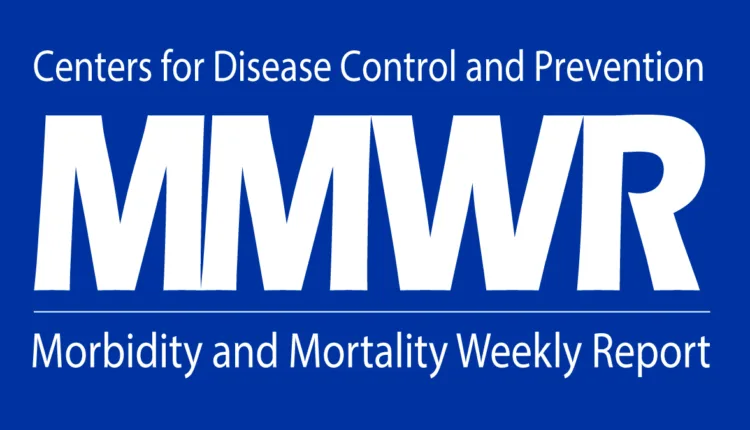
Healthcare Access Challenges Amid Employment Discrimination: A Study on US Transgender Women, 2019-2020
TL/DR –
Seven out of ten transgender women face transphobic discrimination, with a third experiencing discrimination at work. Employment discrimination against transgender women often results in economic hardship, potentially leading to involvement in survival sex work. This discrimination is also linked to poorer healthcare access, including lack of insurance, unmet medical needs, and lack of transgender-specific healthcare.
Transgender Discrimination and Its Impact on Employment and Health
Studies reveal that 70% of transgender women face transphobic discrimination, and a third experience employment discrimination annually. Discrimination negatively impacts social determinants of health and access to healthcare, including gender-affirming procedures. It is found that inability to secure employment due to transgender status contributes to economic hardship and limited healthcare access.
The National HIV Behavioral Surveillance for Transgender Women (NHBS-Trans) report highlights key similarities and differences with previous studies like the 2015 U.S. Transgender Survey (USTS). The report shows comparable instances of employment discrimination, but an increased prevalence of bathroom discrimination, poor treatment in businesses, verbal and physical abuse, and reduced instances of housing and healthcare discrimination. These disparities may be attributable to the different sociodemographic make-up of the survey participants and the increasingly hostile political environment towards transgender persons.
Employment discrimination is deeply intertwined with poverty, homelessness, incarceration, health insurance, disability, food insecurity, and survival sex work. When transgender women, especially those economically marginalized, are denied employment, it cyclically exacerbates economic hardships, often leading them to survival sex work or potential incarceration. Furthermore, despite legal protections, transgender women with disabilities often face high rates of employment discrimination.
Unemployment has a significant association with worse healthcare access, including lack of insurance, unmet medical needs due to cost, and absence of transgender-specific healthcare. Given that private health insurance plans often provide better care options, employment status can greatly influence access to gender-affirming care providers. This suggests the need for improving healthcare staff members’ cultural competency in serving transgender patients, irrespective of their health insurance coverage.
NHBS-Trans reported that a majority of transgender women are on Medicaid, which is the largest source of insurance for persons with HIV infection. This is not surprising considering that four out of 10 transgender women had an HIV-positive diagnosis and half reported having a disability. The type of health insurance available to transgender women is closely connected to their employment and disability status. Despite its importance, Medicaid coverage of gender-affirming care varies by state, posing potential barriers for low-income transgender individuals’ access to necessary medical care.
Finally, although many transgender women visit a healthcare provider or use hormones, no association was found with employment discrimination. Transgender women often show high motivation to seek healthcare and pursue hormone therapy, even at the cost of other basic needs. However, obtaining gender-affirming procedures without health insurance is challenging, making employment discrimination a significant hurdle to healthcare access.
—
Read More Health & Wellness News ; US News
